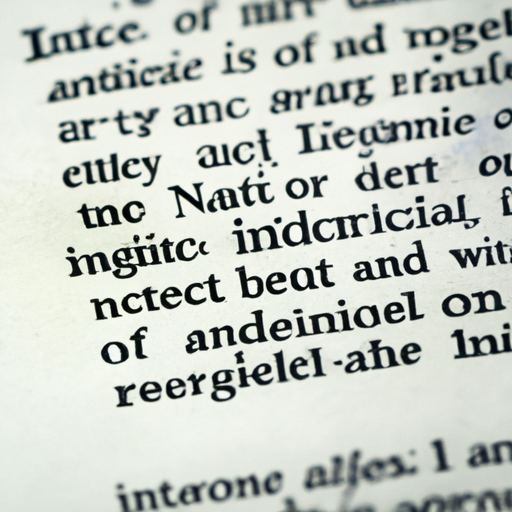In the world of canine care, you may have come across the term “intact” and wondered what exactly it means for dogs. Essentially, when we say a dog is “intact,” it means that the dog is not neutered or spayed, in other words, they still have their reproductive organs. This simple term has profound implications for a dog’s behavior, health, and the responsibilities of their caregivers.
Table of Contents
- Defining Intact in Dogs
- Why Some Dogs Remain Intact
- Health Implications for Intact Dogs
- Behavior of Intact Dogs
- Responsibilities of Caregivers
- Frequently Asked Questions
Key Takeaways
- “Intact” means the dog still has their reproductive organs.
- There are various reasons why some dogs remain intact.
- Intact dogs have specific health and behavioral attributes.
- Caregivers of intact dogs have particular responsibilities.
- Understanding the term “intact” is crucial in canine care.
Defining Intact in Dogs
The term “intact” in reference to dogs is a simple yet significant term in the world of canine care. When we say a dog is “intact,” we mean that the dog has not been neutered (in the case of males) or spayed (in the case of females). These are the common surgeries that remove the reproductive organs of dogs — the testes in males and the ovaries and uterus in females.
Therefore, an intact dog is one that still has the ability to reproduce. But being intact is not just about reproduction, it also influences the dog’s behavior and health in various ways.
Why Some Dogs Remain Intact
There are several reasons why some dogs remain intact. For one, some dogs are kept intact for breeding purposes. Purebred dogs, in particular, are often left intact to continue the breed line.
Some dog owners also choose to keep their dogs intact because they either oppose the practice of neutering/spaying, or they plan to participate in dog shows, where intact dogs are a requirement in most cases. The American Kennel Club provides more details on dog show requirements.
It’s also worth noting that some people may simply not have the resources to have their pets spayed or neutered, a reality that underscores the importance of accessible veterinary care.
Health Implications for Intact Dogs
Intact dogs face specific health risks and benefits compared to their neutered or spayed counterparts. On the one hand, intact dogs have a risk of developing conditions like mammary tumors or prostate problems. On the other hand, they may be less prone to certain orthopedic conditions and some types of cancer.
These health implications vary greatly depending on factors like breed, size, and age, and it’s crucial to discuss these considerations with a trusted vet. One helpful resource for learning more about canine health is the website One Top Dog.
Behavior of Intact Dogs
Being intact can also influence a dog’s behavior. For instance, intact males may be more prone to marking territory or displaying aggressive behavior. Intact females, on the other hand, will go into heat periodically, which can result in behavioral changes and attract the attention of intact males.
Again, these behaviors can vary, and it’s important for caregivers of intact dogs to understand and manage these potential behaviors. One Top Dog provides resources on understanding dog behavior and managing behavioral issues.
Responsibilities of Caregivers
As a caregiver of an intact dog, you have particular responsibilities. These can include managing your dog’s behavior, ensuring they don’t inadvertently breed, and regularly monitoring their health. It also means making informed decisions about their overall care and wellbeing.
Frequently Asked Questions
1. What does it mean for a dog to be “intact”?
An “intact” dog is one that has not been neutered or spayed, meaning they still have their reproductive organs.
2. Why are some dogs kept intact?
Some dogs are kept intact for breeding purposes, to participate in dog shows, due to the owner’s personal beliefs, or due to a lack of resources for spaying/neutering.
3. How does being intact affect a dog’s health and behavior?
Intact dogs have specific health risks and benefits, and they can also exhibit certain behaviors related to their intact status. These can vary widely, so it’s important to consult with a vet and understand what to expect.
In conclusion, understanding what “intact” means for dogs is crucial for caregivers. It not only affects the dog’s health and behavior but also the responsibilities of the person caring for the dog. As always, it’s essential to consult with a trusted vet to make informed decisions about your dog’s care.



